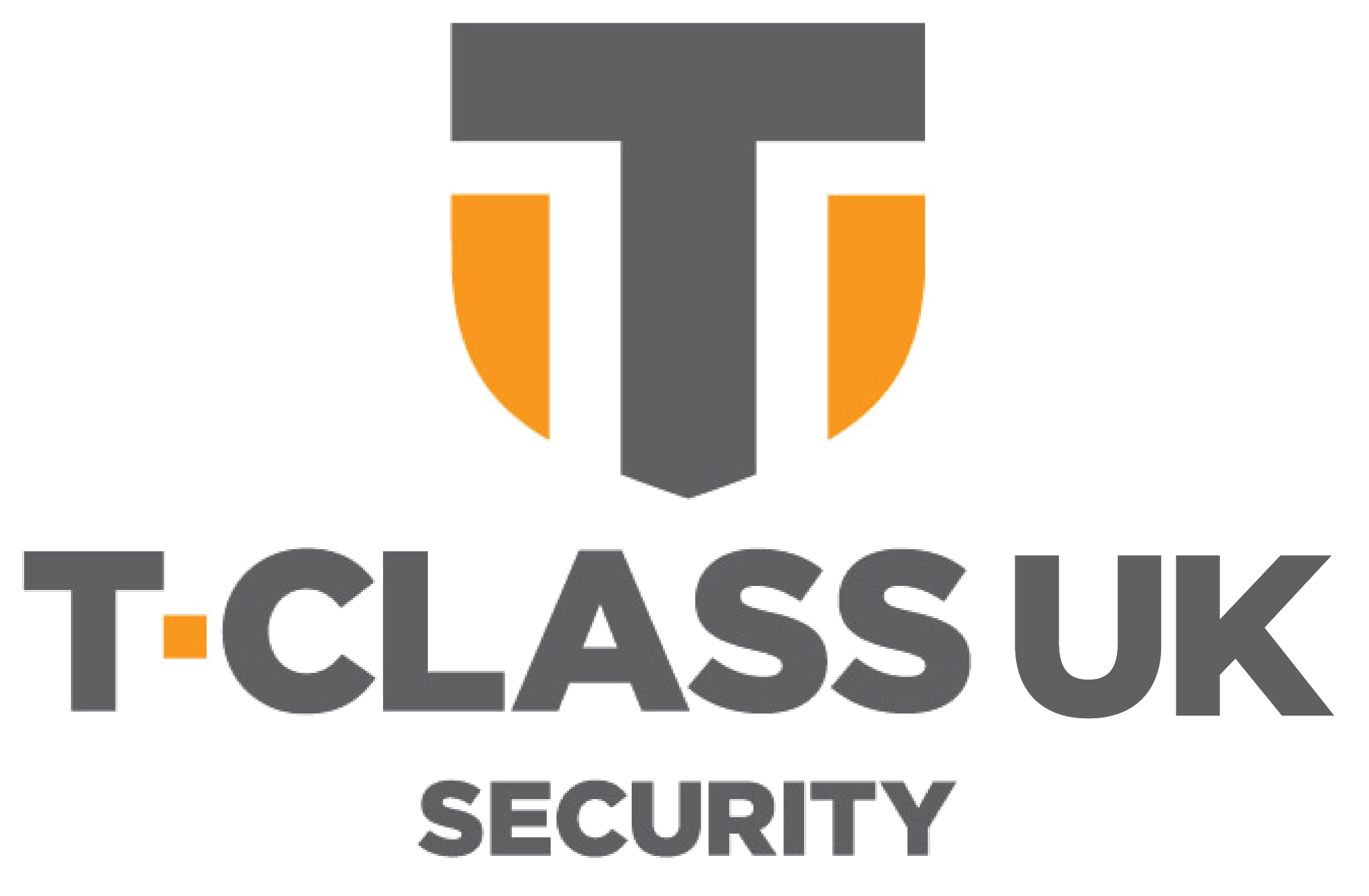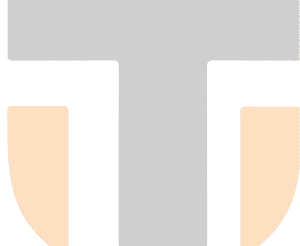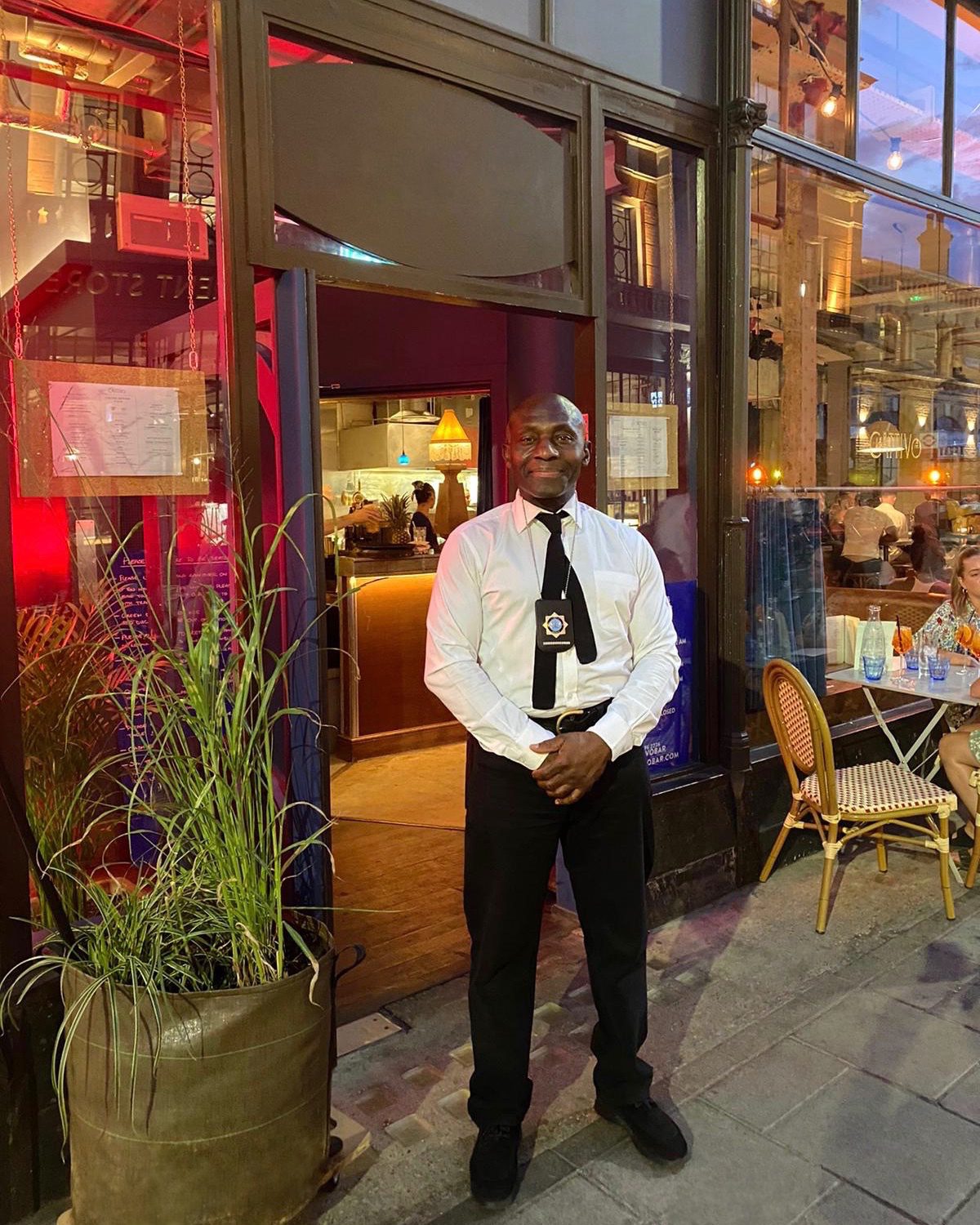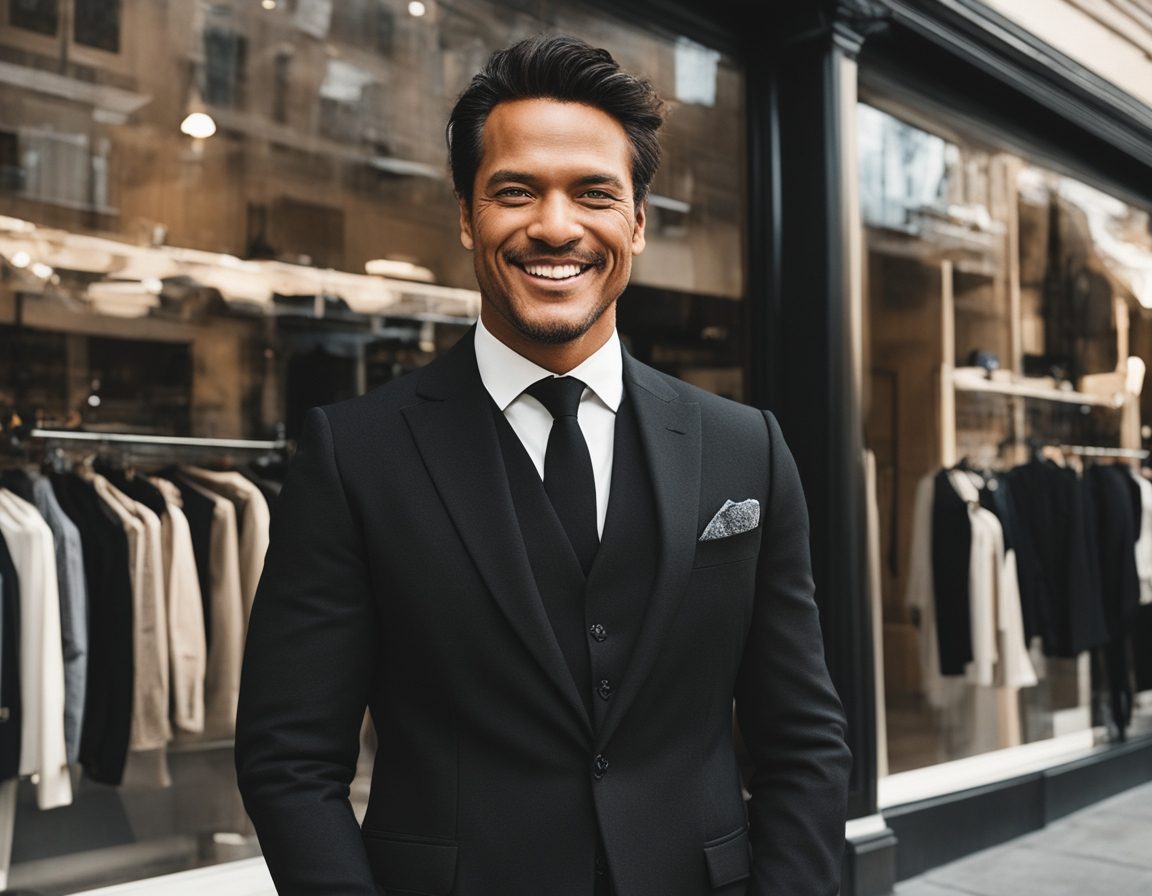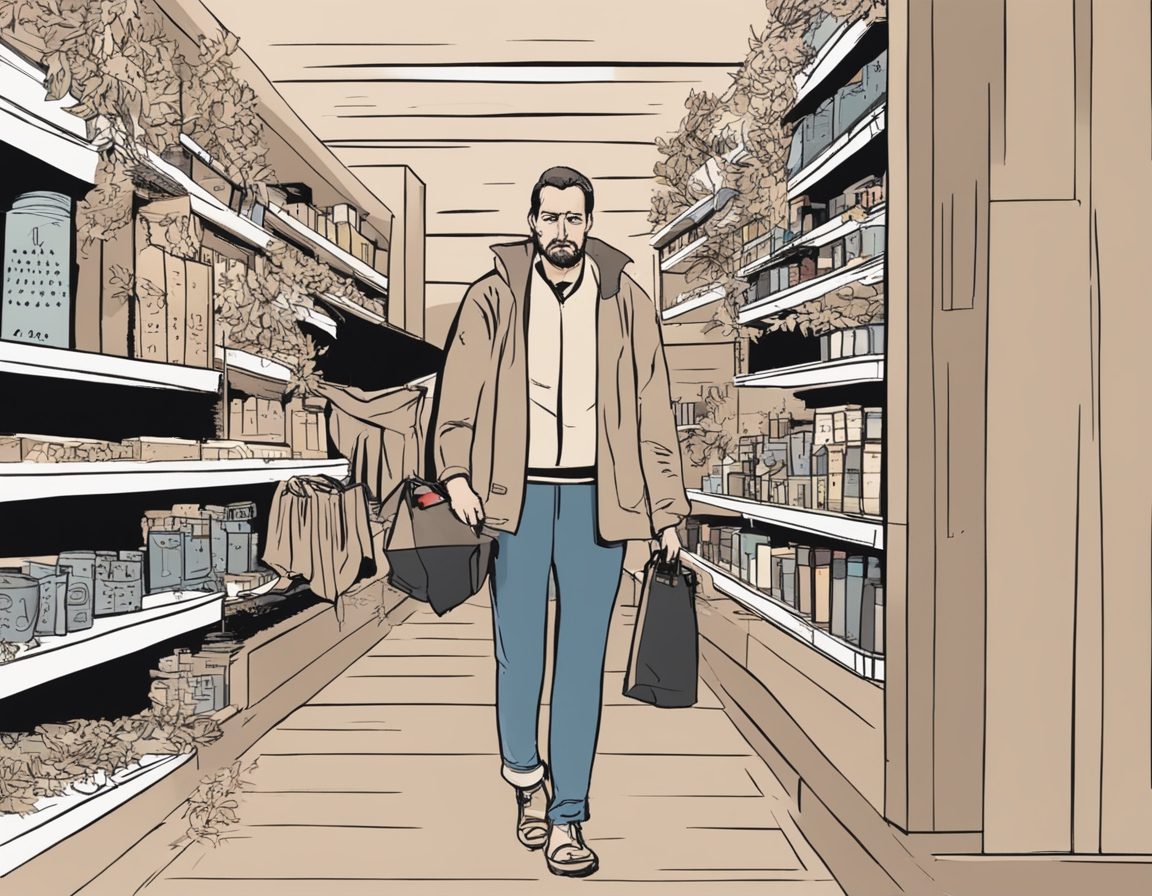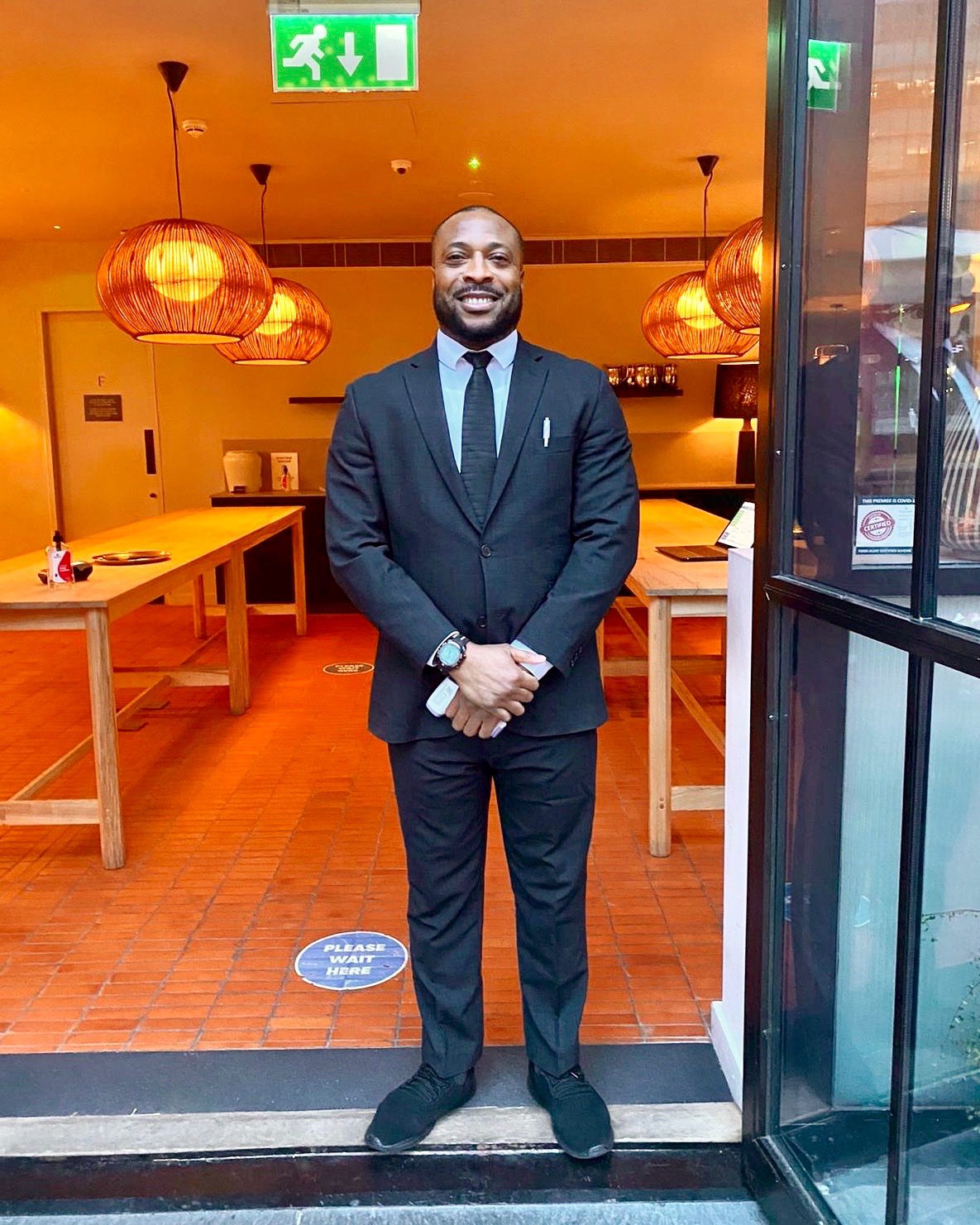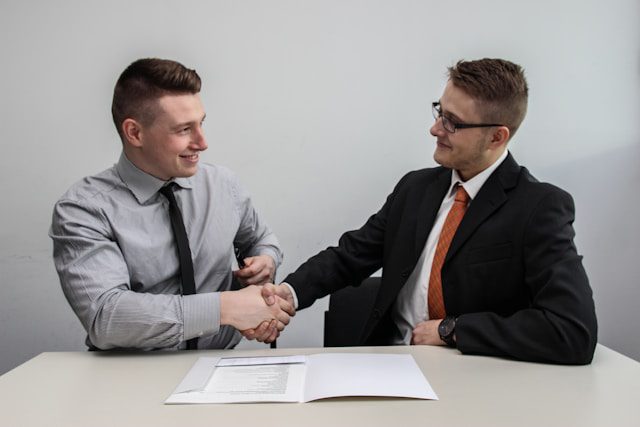The safety of individuals, properties and assets is very much dependant on the presence of trained and efficient security personnel. Security guards are the frontline defenders in various settings, from corporate offices to residential complexes. Understanding 10 different types of security guards and their specific roles is essential for employing the right personnel for the right job. We look at the various categories of security guards, highlighting their unique functions and the environments they are best suited for.
1. Static Security Guards
Static security guards are perhaps the most recognisable type of security personnel. They are stationed at a specific location and are responsible for monitoring and protecting that area.
Roles and Responsibilities
- Access Control: They manage entry and exit points, ensuring that only authorised individuals gain access.
- Surveillance: They continuously monitor security cameras and conduct regular patrols to ensure the area is secure.
- Incident Response: In the event of an incident, static security guards are the first to respond and manage the situation until law enforcement or emergency services arrive.
- Customer Service: Often the first point of contact, they provide assistance and information to visitors and staff.
Ideal Settings
- Corporate Offices: Managing access to office buildings and ensuring the safety of employees and assets.
- Retail Stores: Preventing theft and responding to incidents within the store.
- Residential Apartments: Ensuring the safety and security of residents and their property.
2. Mobile Security Guards
Mobile security guards are not confined to a single location. Instead, they patrol larger areas, often in vehicles, to provide a broader security presence.
Roles and Responsibilities
- Patrolling: Conducting regular patrols of designated areas, either on foot or by vehicle.
- Quick Response: Quickly responding to alarms, incidents, or emergencies across a wide area.
- Surveillance: Monitoring multiple locations within their patrol route to deter criminal activity.
- Reporting: Keeping detailed logs of their patrols and any incidents they encounter.
Ideal Settings
- Large Properties: Warehouses, industrial complexes, and large commercial properties that require regular patrolling.
- Parking Lots: Ensuring the safety of vehicles and individuals in large parking areas.
- Construction Sites: Preventing theft and vandalism at sites where valuable equipment is stored.
3. Dog Handlers
Dog handlers work in conjunction with trained security dogs to provide an enhanced level of security. The presence of a dog can be a significant deterrent to potential criminals.
Roles and Responsibilities
- Patrolling: Conducting patrols with security dogs to detect and deter criminal activity.
- Detection: Utilising dogs’ keen sense of smell to detect drugs, explosives, or other contraband.
- Incident Response: Responding to incidents where the presence of a security dog can help manage the situation more effectively.
- Public Order: Assisting in maintaining public order during events or in crowded areas.
Ideal Settings
- Airports and Ports: Detecting contraband and ensuring public safety in large, busy environments.
- Events: Providing security at large events, concerts, and festivals.
- High-Security Areas: Military bases, government buildings, and other sensitive locations.
4. Event Security Guards
Event security guards specialise in providing security for public and private events. Their primary role is to ensure the safety and security of attendees and manage the overall security of the event venue.
Roles and Responsibilities
- Crowd Control: Managing large crowds to prevent incidents and ensure the safety of attendees.
- Access Control: Checking tickets, managing entry points, and ensuring that only authorised individuals gain access.
- Surveillance: Monitoring the event for any suspicious activity or potential security threats.
- Emergency Response: Quickly responding to emergencies and coordinating with local law enforcement or emergency services.
Ideal Settings
- Concerts and Festivals: Ensuring the safety of large groups of people in often crowded and dynamic environments.
- Sports Events: Providing security at stadiums and sports arenas.
- Corporate Events: Managing security for conferences, trade shows, and corporate gatherings.
5. Close Protection Officers
Close protection officers, commonly known as bodyguards, provide personal protection to individuals who may be at risk of harm. This type of security is often employed by high-profile individuals, including celebrities, politicians, and executives.
Roles and Responsibilities
- Personal Safety: Ensuring the safety of the client at all times.
- Risk Assessment: Conducting thorough risk assessments and planning security measures.
- Travel Security: Providing secure transportation and ensuring safe routes.
- Discretion: Maintaining a low profile while ensuring the client’s security.
Ideal Settings
- Public Appearances: Protecting high-profile individuals during public appearances and events.
- Travel: Ensuring the safety of clients during travel, both domestically and internationally.
- Personal Life: Providing security at private residences and during personal activities.
6. Corporate Security Guards
Corporate security guards are employed by businesses to protect their employees, property, and information. They often work in conjunction with other security measures, such as surveillance systems and access control systems.
Roles and Responsibilities
- Access Control: Managing entry and exit points, ensuring only authorised personnel enter the premises.
- Surveillance: Monitoring security cameras and conducting regular patrols.
- Incident Response: Responding to incidents, emergencies, and alarms.
- Loss Prevention: Preventing theft and protecting corporate assets.
Ideal Settings
- Office Buildings: Ensuring the security of employees and assets within corporate offices.
- Data Centres: Protecting sensitive information and preventing unauthorised access.
- Research Facilities: Ensuring the safety of personnel and the security of valuable research data.
7. Retail Security Guards
Retail security guards specialise in preventing theft and ensuring the safety of customers and employees in retail environments. They are an essential part of loss prevention strategies for many businesses.
Roles and Responsibilities
- Theft Prevention: Monitoring customers and employees to prevent theft and shoplifting.
- Surveillance: Using security cameras and conducting floor patrols.
- Customer Assistance: Providing assistance to customers and handling security-related inquiries.
- Emergency Response: Responding to incidents, alarms, and emergencies within the store.
Ideal Settings
- Shopping Centres: Ensuring the safety of shoppers and preventing theft in large retail environments.
- Department Stores: Protecting merchandise and responding to incidents.
- Boutiques: Providing personalised security for high-end retail stores.
8. Hospital Security Guards
Hospital security guards are responsible for ensuring the safety of patients, staff, and visitors in healthcare facilities. Their role is critical in maintaining a safe and secure environment in often high-stress situations.
Roles and Responsibilities
- Access Control: Managing entry points and ensuring only authorised individuals gain access to sensitive areas.
- Patrolling: Conducting regular patrols of the hospital premises.
- Incident Response: Responding to emergencies, including medical emergencies and security incidents.
- Assistance: Providing assistance to patients, staff, and visitors as needed.
Ideal Settings
- Hospitals: Ensuring the safety and security of all individuals within the hospital.
- Clinics: Protecting smaller healthcare facilities.
- Mental Health Facilities: Managing security in specialised healthcare settings.
9. Construction Site Security Guards
Construction site security guards are tasked with protecting construction sites from theft, vandalism, and unauthorised access. They play a crucial role in safeguarding valuable equipment and materials.
Roles and Responsibilities
- Patrolling: Regularly patrolling the construction site to deter theft and vandalism.
- Access Control: Managing entry and exit points to ensure only authorised personnel enter the site.
- Surveillance: Monitoring security cameras and ensuring the site is secure after hours.
- Incident Response: Responding to incidents and coordinating with law enforcement if necessary.
Ideal Settings
- Building Sites: Protecting construction projects of all sizes.
- Infrastructure Projects: Ensuring the security of large-scale infrastructure projects.
- Renovation Sites: Safeguarding sites undergoing renovation or refurbishment.
10. Maritime Security Guards
Maritime security guards specialise in protecting ships, ports, and offshore installations. They address unique security challenges posed by the maritime environment.
Roles and Responsibilities
- Patrolling: Conducting patrols on vessels and in port areas.
- Access Control: Ensuring only authorised personnel board ships or enter port facilities.
- Surveillance: Monitoring for security threats, including piracy and terrorism.
- Incident Response: Responding to security incidents and coordinating with maritime authorities.
Ideal Settings
- Ports: Ensuring the security of port facilities and shipping operations.
- Ships: Protecting vessels from piracy and other threats.
- Offshore Installations: Safeguarding oil rigs, wind farms, and other offshore structures.
Wrapping up
SIA Security guards play an important role in maintaining safety and security across various environments. From static security guards providing constant vigilance at specific locations to mobile security guards patrolling large areas, each type of guard brings unique skills and expertise to their role. Dog handlers and close protection officers offer specialised services, while event security guards, corporate security guards, and others ensure security in specific settings. By understanding the diverse types of security guards and their roles, organisations can make informed decisions to enhance their security measures effectively.
